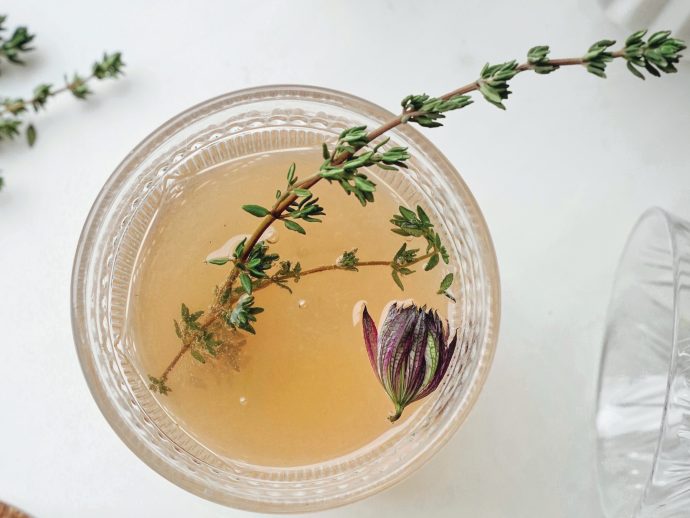What they are and what to be aware of
Botanicals are any part of a plant that can be used medicinally and are attractive due to their tendency to be safe, have minimal side effects, function holistically, and even act preventively.
Nearly 26,000 plants have been documented globally to have therapeutic uses—a vast store of potential medicine! Our growing desire to treat health more holistically, combined with our ability to assess the evidence critically, bodes well for a future where botanicals are integral to our well-being.
What’s new?
Science continues to investigate medicinal plant uses, sometimes confirming anecdotal evidence, sometimes setting the record straight.
Adaptogens—botanicals that help the body adjust to stress and maintain balance—are of particular interest since our burden of stress has been mounting. Holistic nutritionist and health coach Sheena Huculak has seen the public increasingly seeking this class of remedy: “One that stands out the most for me is ashwagandha and other adaptogens like rhodiola, holy basil, and mushrooms.”
Proof meets promotion
But the popularity of plant remedies sometimes has the science scrambling to keep pace with marketing. For example, if consumers perceive acai as having health benefits, a chocolate-coated version of it becomes an easy sell even though the research is lacking and the product may be more sugar than anything else.
In good measure
Once you’ve gone beyond the marketing and landed on a botanical that has the weight of science behind it, its efficacy is still going to depend a great deal on the dose and consistency with which you take it.
Sprinklings of widely tolerated botanicals may be a fine thing, but for medicinal effect you will need a medicinal dose. So go ahead and enjoy the health properties of a turmeric latte, but don’t expect it to cure your arthritis.
Playing it safe
How much of a botanical you take and for how long also become questions of safety; just as too little can be ineffectual, too much can be risky.
Huculak cautions, “It is important to know there can be negative interactions between some natural health products and medications.” Botanicals can pose a risk in scenarios such as pregnancy or surgery, too, so it’s well worth running it past a health care professional and heeding the product label.
Quality control
Plant material is extremely complex and chemically diverse, making the task of identifying and standardizing particular botanical constituents very challenging. In the case of a blended supplement, interactions between the ingredients also need to be considered.
Upping the standard
Seeing this gap in the potential quality and safety of their offerings, many botanical supplement companies choose to have their products tested and certified by an independent lab and display that certification on their labels. But the natural health industry recognizes this is still an imperfect system, and there are initiatives underway to integrate better quality and safety controls into the market as a whole.
By Jackie Skrypnek

